Mini-Farm & Edible Garden Program: Cultivating Future-Ready Students
At Syntropic Solutions, we believe in learning through experience—getting hands in the soil, eyes on the plants, and minds tuned into nature. Our Mini-Farm & Edible Garden Program empowers students to grow, harvest, and understand food systems, sustainability, and community—all while building lifelong skills.
Whether in schools or child care centres, the program offers age-appropriate activities that spark curiosity and connection to the natural world. For younger children, it's about nurturing wonder and foundational habits. For students, it’s about understanding their role in creating a better future.
Growing with Purpose
In today’s classrooms, the most powerful lessons often happen outside the classroom walls. Our program transforms unused or underutilized spaces into productive edible landscapes, giving students a living classroom where they can explore food systems, biology, ecology, and teamwork firsthand.
Students take part in every step—from planting seeds and nurturing crops to harvesting and composting. They learn not just where food comes from, but also how their daily choices can impact the planet. These tangible experiences build a deep respect for nature and instil a strong sense of responsibility.
In child care centres, the impact is quieter but profound. Even at a young age, children begin to understand concepts like seasons, growth, and care. They touch, observe, and engage with their senses—laying the groundwork for a lifelong relationship with food and the environment.
Practical Skills for a Sustainable Future
The Mini-Farm & Edible Garden Program equips students with more than agricultural knowledge. It fosters critical thinking, problem-solving, leadership, and collaboration. Whether they’re planning a planting schedule or troubleshooting a pest issue, students work together to make decisions and solve real-world problems.
They also engage with sustainability practices such as composting, water conservation, syntropic farming, and biodiversity support. These aren’t just buzzwords—they become everyday actions that students carry into their homes, communities, and futures.
School Success Stories
At Somerset College, the Mini-Farm has become a cornerstone of their sustainability program. Students help manage seasonal veggie beds, rotate crops, and learn about regenerative practices that enrich the soil and conserve water. They’re not only learning how to grow food—they're discovering how to care for ecosystems.
What makes Somerset’s project truly special is its integration across the school community. Teachers, students, and even families are involved, creating a culture of environmental stewardship and shared responsibility. Many students describe the garden as a space where they feel grounded and proud, often taking their new skills home to start gardens with their families.
At The Southport School, the program took root with the creation of a Mini Food Forest and thriving seasonal beds. This living classroom gives students the chance to study natural systems up close. Crops like sweet potato and ginger flourish alongside native plants and pollinators, creating a biodiverse space that illustrates the beauty and efficiency of syntropic design.
By participating in every stage—from planning to harvest—students at Southport gain a clear understanding of sustainable food production and low-input, high-output systems. The food forest has become a dynamic learning space and a visible commitment to the school’s environmental values.
Creating Community and Connection
One of the most transformative aspects of the program is how it brings students together. Working side by side, they form bonds through shared effort and collective achievement. They learn to listen, communicate, and take pride in something they’ve created together.
The harvest is often shared with families or used in school kitchens, further connecting the school to the wider community. And for schools, the edible space becomes a green sanctuary—an outdoor classroom, a community hub, and a visual expression of their sustainability ethos.
A Program That Grows With Them
Whether they're 3 or 17, students benefit from a relationship with the soil. They grow confidence, patience, and a deeper understanding of their place in the world. What they learn in the garden stays with them—shaping how they think, act, and care for their communities and the planet.
Partner With Us
We invite schools and child care centres across the region to bring the Mini-Farm & Edible Garden Program to life in their communities. Whether integrated into the curriculum or run as an extracurricular initiative, it’s a powerful way to engage students, transform spaces, and grow a generation of environmentally-conscious leaders.
Let’s plant the seeds of change—together.
